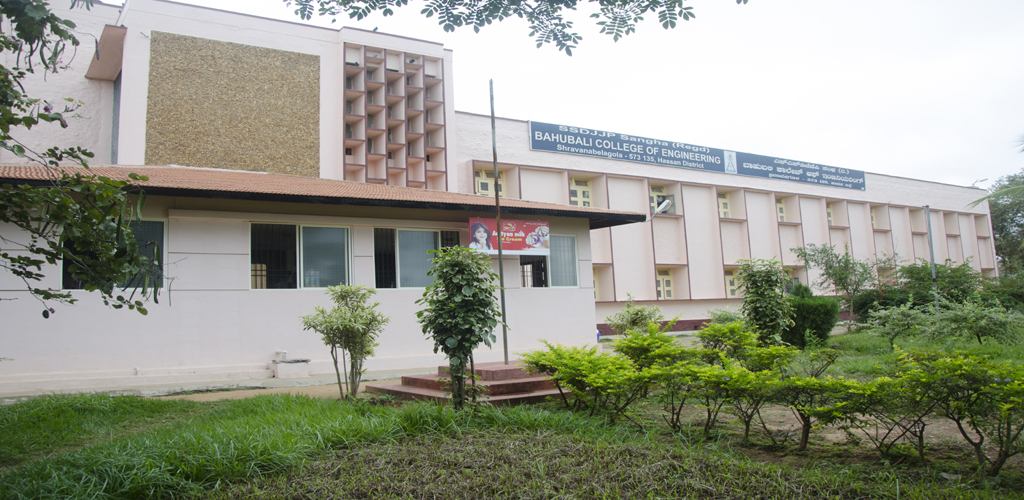About

The Department of Civil Engineering was established in the year 2010-11. The course aims at highly qualified, efficient technicians capable of meeting the requirements of basic civil engineering field. Planning, surveying, estimation and costing, transportation engineering is taught. Students also get a feel of Extensive survey and irrigation and bridge drawing. They are also exposed to software's like Auto CAD and STADD.
To produce technical leaders in civil engineering for industry and society towards sustainable nation building.
- To produce civil engineers of high caliber, technical skills and ethical values to serve the society and nation.
- Producing forward-looking research both theoretical and applied that will positively impact and improve our profession and society.
- To promote innovative and original thinking in the minds of civil engineers to face challenges of future.
- To provide knowledge base and consultancy services to the community in all areas of civil engineering.
- PEO1: Graduates will get ability to apply knowledge of mathematics, basic science relevant to the department of civil Engineering domain.
- PEO2: Able to apply skills in developing safe, sustainable, economical sound solutions to civil engineering problems either within professions or through post-graduate research.
- PEO3: Graduates will have embarked on successful careers as civil engineers and in related job functions in consulting, government and academia.
- PEO4: Graduates will become recognized experts working in consulting firms, and organizations around the country.
- PEO5: Graduates analyzing any real life problem and design structures which are not only safe economical and optimum socially acceptable.
- PO1.Engineering knowledge: Apply the knowledge of mathematics, science, engineering fundamentals, and an engineering specialization to the solution of complex engineering problems.
- PO2.Problem analysis: Identify, formulate, research literature, and analyze complex engineering problems reaching substantiated conclusions using first principles of mathematics, natural sciences, and engineering sciences.
- PO3.Design/development of solutions: Design solutions for complex engineering problems and design system components or processes that meet the specified needs with appropriate consideration for the public health and safety, and the cultural, societal, and environmental considerations.
- PO4.Conduct investigations of complex problems: Use research-based knowledge and research methods including design of experiments, analysis and interpretation of data, and synthesis of the information to provide valid conclusions.
- PO5.Modern tool usage: Create, select, and apply appropriate techniques, resources, and modern engineering and IT tools including prediction and modeling to complex engineering activities with an understanding of the limitations.
- PO6.The engineer and society: Apply reasoning informed by the contextual knowledge to assess societal, health, safety, legal and cultural issues and the consequent responsibilities relevant to the professional engineering practice.
- PO7.Environment and sustainability: Understand the impact of the professional engineering solutions in societal and environmental contexts, and demonstrate the knowledge of, and need for sustainable development.
- PO8.Ethics: Apply ethical principles and commit to professional ethics and responsibilities and norms of the engineering practice.
- PO9.Individual and team work: Function effectively as an individual, and as a member or leader in diverse teams, and in multidisciplinary settings.
- PO10.Communication: Communicate effectively on complex engineering activities with the engineering community and with society at large, such as, being able to comprehend and write effective reports and design documentation, make effective presentations, and give and receive clear instructions.
- PO11.Project management and finance: Demonstrate knowledge and understanding of the engineering and management principles and apply these to one's own work, as a member and leader in a team, to manage projects and in multidisciplinary environments.
- PO12.Life-long learning: Recognize the need for, and have the preparation and ability to engage in independent and life-long learning in the broadest context of technological change.